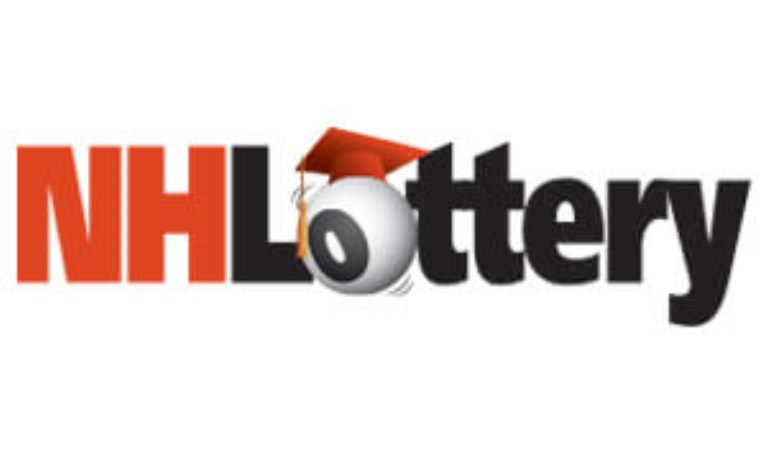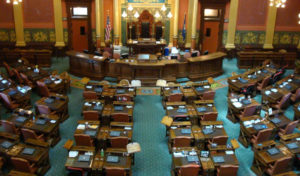Online poker operators and recreational poker players that prefer the comfort of their homes and electronic devices to enjoy a good game of poker, having fun with like-minded people, might have to send their gratitude to one specific entity, the New Hampshire Lottery Commission (NHLC).
The lottery commission in New Hampshire continues its fight through the lawsuit it filed in February 2019 against the DOJ interpretation of the 1961 Wire Act that potentially jeopardized its whole operations and created fears of prosecution.
As expected, on February 26 the commission filed its brief with the US Court of Appeals for the First Circuit, in response to last-minute US Attorney General William Barr appeal against the District Court of New Hampshire ruling that set aside the 2018 DOJ interpretation of the Wire Act, stating it refers to sports betting only.
Two other entities which provide the software solutions to the lottery commission, NeoPollard Interactive LLC and Pollard Banknote, and also filed lawsuits against DOJ on the same date the NHLC did in 2019, now filed briefs, too.
The case defendants in the face of Department of Justice (DOJ), US Attorney General Barr and the United States, are already into the 21 day period available to reply, with their responses, if they do not ask for extension, expected around March 18.
The Wire Act Implications
The 1961 Federal Wire Act, by the time it was passed, was the federal response to illegal gambling activities mainly conducted by the organized crime using telephones to accept bets remotely. It targeted interstate exchange of gambling information in an attempt to boost anti-gambling laws, including transmissions to other countries.
In 2011, two states, Illinois and New York, requested for interpretation of the Wire Act, as per their intentions to start selling lottery tickets through the internet and through other out-of-state processors, and the Obama administration concluded:
“Interstate transmissions of wire communications that do not relate to a “sporting event or contest” fall outside the reach of the Wire Act.
“Because the proposed New York and Illinois lottery proposals do not involve wagering on sporting events or contests, the Wire Act does not prohibit them”.
Office of Legal Counsel, DOJ
In late 2018, however, things went upside down due to a new interpretation of the Wire Act by DOJ by the Trump administration that reversed the previous one completely:
“We conclude that the prohibitions … are not uniformly limited to gambling on sporting events or contests”.
Office of Legal Counsel, DOJ
Being directly affected by the new interpretation, in February 2019 the NHLC filed a lawsuit against DOJ with the U.S. District Court for the District of New Hampshire, and in June the court ruled for the plaintiff, bringing the biggest win for online poker in terms of litigation.
As poker is not associated with sports gambling, US District Court ruling against DOJ opened the door for state online operators to share liquidity and pools of players among themselves, with currently only four states, Delaware, Nevada, New Jersey and Pennsylvania, having live online poker, with two more having legalized it, West Virginia and Michigan, vying to launch operations.
Having lost the battle, DOJ considered winning the war and filed a last-minute appeal against the District Court ruling with the First Circuit Court of Appeals, putting poker future in a state of limbo again, at least until mid-March 2020, when the judges will either issue a ruling or start hearing oral statements from both sides.







